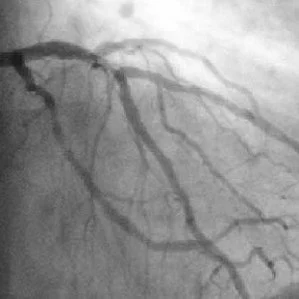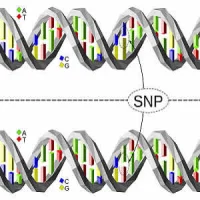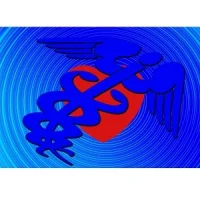According to a new study published in the American Heart Association's journal Circulation, a coordinated response from emergency medical services (EMS) and hospital providers can provide life-saving treatment sooner to people suffering deadly heart attacks.
ST segment elevation myocardial infarction (STEMI) is considered to be the most deadly type of heart attack. If the blocked artery is quickly opened, there is a greater chance of restoring normal blood flow, minimising heart damage and saving lives. National guidelines recommend that the blockage should be opened and blood flow restored within 90 minutes of the patient's first contact with EMS personnel and taken to a hospital that performs PCI and 120 minutes for hospitals that do not perform PCI.
More than 250,000 people who have STEMI each year, nearly half are not treated wthin this recommended time. This is mainly due to a lack of coordination among those who care for STEMI patietns, EMS agencies and acute care hospitals.
The American Heart Association Mission: Lifeline STEMI Systems Accelerator demonstration project was carried out between July 2012 and December 2013. It involved 484 hospitals and 1253 EMS agencies treaing 23,809 patients with STEMI.
Findings showed that guideline goals were met for 59 to 61 percent of patients presenting directly to PCI-capable hospitals; 5o to 55 percent for those transported by EMS to PCI-capable hospitals and 44 to 48 percnet for those transferred from other facilities.
A total of 16 regions were included in the project out of which five with greatest improvement increased the proportion of patients treated with guidline goals from 45 percent to 57 percent.
"This project shows it is possible to coordinate emergency cardiovascular systems and transform care in some of the largest U.S. cities, including New York, Houston and Atlanta," said Christopher B. Granger, M.D., study co-author and professor of medicine at Duke University in Durham, N.C. "This coordinated care between EMS and hospitals shortens emergency department times and correlates with lower mortality."
Source: American Heart Association
Image Credit: Wikimedia Commons
Latest Articles
EMS, heart attack, mortality, STEMI, PCI
According to a new study published in the American Heart Association's journal Circulation, a coordinated response from emergency medical services (EMS) and hospital providers can provide life-saving treatment sooner to people suffering deadly heart attac










